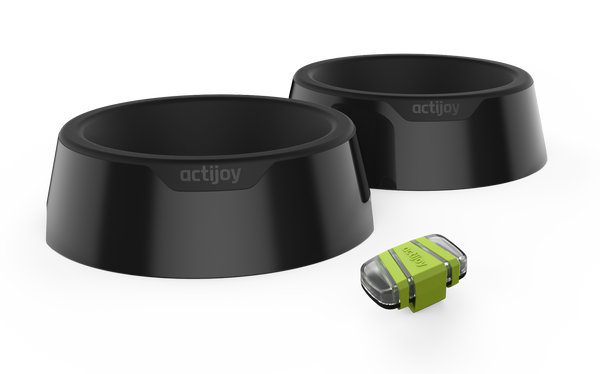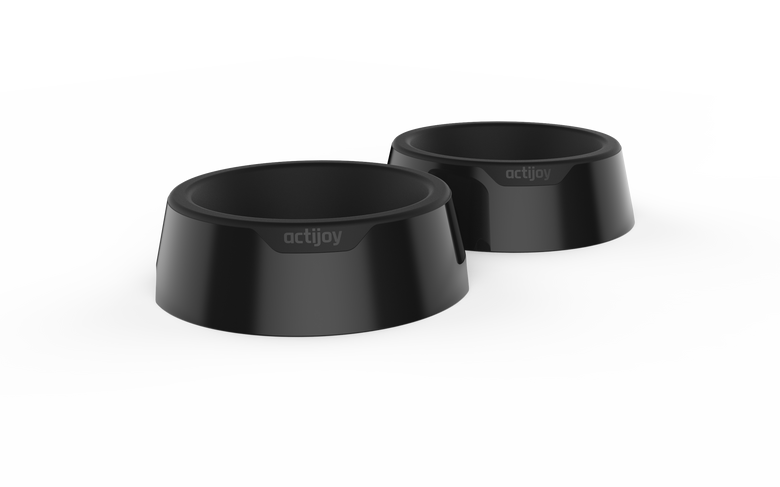How Does Life Change for a Dog with Heart Disease?
In our next installment on how life changes for animals that have been diagnosed with illness, we will discuss heart disease.

For purebred dogs, heart disease is one of the most common congenital illnesses. In fact, up to 95% of heart disease cases are due to genetics. For instance, chronic valvular disease, myocardial disease, arrhythmias, pericardial disease, and congenital defects such as heart murmurs can all lead to heart disease in dogs.
Symptoms
The symptoms of heart disease include coughing, difficulty breathing, changes in behavior, lack of appetite, weight gain or weight loss, fainting, weakness, restlessness, and swelling. Dogs can live for years with heart disease without showing symptoms; however, if any of the above signs occur you should seek the advice of a veterinarian.
Surgery
Depending on your dog’s age and medical condition, surgery might be an option, particularly if a pet has been diagnosed with a serious defect. For instance, 60% of puppies with patent ductus arteriosis will not make it to their first birthday. With surgery, however, that percentage drops to only 10%.
Activity
Dogs with heart disease will be unable to run and play for long periods of time, and may no longer try to engage in the activity. Long walks and vigorous exercise should be avoided for these pets in order to reduce additional stress on the heart. However, exercise should not be avoided entirely, as light activity can provide beneficial protection to the dog’s cardiac system.
Medications
Heart disease can mostly be managed with medication. The most common treatment is an ACE inhibitor, which minimizes the amount of stress placed on the heart by reducing the dog’s blood pressure and volume in order to improve heart disease symptoms. Beta blockers, nitroglycerine, and digitalis can all be used for the control of canine heart disease as well. If the animal has edema or fluid accumulation in his or her lungs, diuretics are commonly prescribed. Each medication can result in side effects for your dog, which can alter his or her quality of life. Additionally, diuretics will lead to more frequent potty breaks or can result in accidents within the house.
Overall, heart disease can be managed such that animals are able to live a better life while taking medications than if the disease goes untreated. With minor modifications, dogs are still able to enjoy many of the activities before heart disease was diagnosed.
Never miss a post! Be sure to subscribe to our newsletter to receive the rest of this series directly in your inbox. Learn more about doggy's life with some others illness!
Please note: all dogs should be treated as individuals. The Actijoy blog is for educational and entertainment purposes only. In case of emergency, always seek qualified health care from a local veterinarian or emergency facility. Actijoy blogs are not designed to treat, diagnose, or prescribe medication for your pet.



